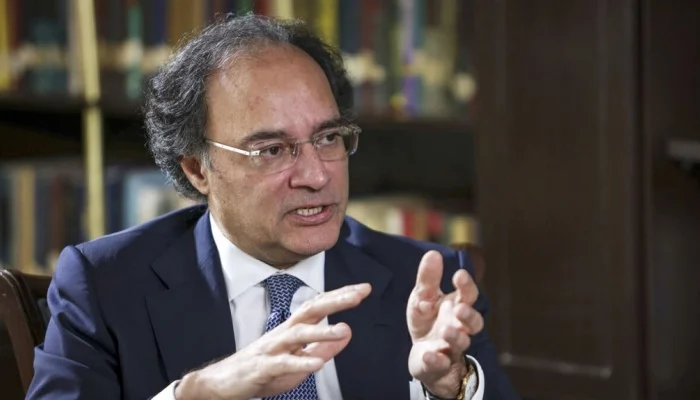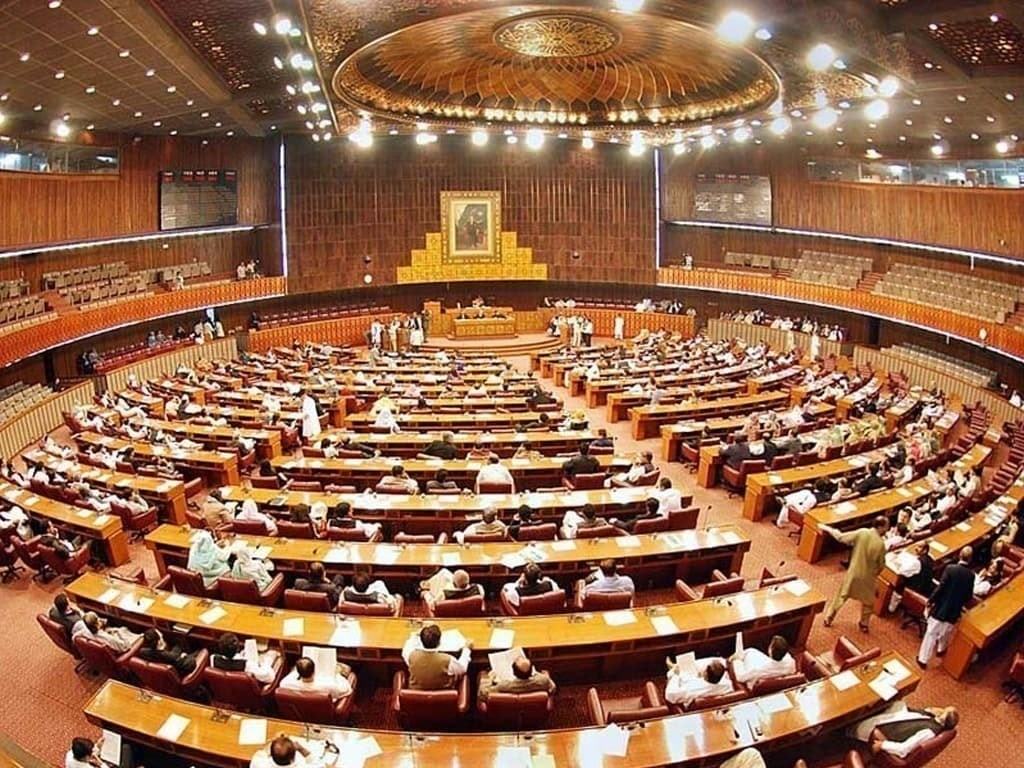Finance Minister Muhammad Aurangzeb has unveiled Pakistan’s ambitious plan to access Chinese capital markets, a move aimed at diversifying the country’s sources of international financing. Addressing the Pak-China Business Forum in Shenzhen, Aurangzeb emphasized Pakistan’s intention to issue its inaugural Panda bonds in the upcoming fiscal year, marking a significant step in economic collaboration between Pakistan and China.
During his speech, Finance Minister Aurangzeb highlighted the importance of tapping into China’s vast capital market, which stands as the second largest and deepest in the world. He outlined that Pakistan is in the preparatory stages of this initiative and will closely coordinate with Chinese regulatory authorities. The structure of Pakistan’s Panda bond issuance will mirror the guarantee-backed structure previously adopted by the Government of Egypt.
“During the next fiscal year, we want to go in with Pakistan’s inaugural Panda bond issue to access the Chinese capital market,” Aurangzeb stated. He stressed that this strategic move is part of a broader effort to enhance financial stability and economic growth in Pakistan.
Aurangzeb expressed optimism regarding Pakistan’s economic outlook, citing a significant decline in the inflation rate. He noted that headline inflation had decreased from a peak of 38% to just over 11% in May, a development that has surpassed market expectations. The Pakistan Bureau of Statistics (PBS) confirmed that the year-on-year inflation rate for May stood at 11.8%, down from 17.3% in April.
The Finance Minister anticipated that the declining inflation trend would lead to a reduction in the policy rate, providing much-needed relief in the interest rate regime. “We do expect that the policy rate will start moving down in line with inflation, because we now have enough cushion in terms of the positive real interest rate that we need to maintain,” he explained.
In his address, Aurangzeb acknowledged the challenges faced by Chinese partners and investors, particularly regarding delays in payments and repatriation. He assured that these issues were temporary and not structural, emphasizing the government’s commitment to supporting and assisting Chinese investors.
“I want to assure you that these were not structural in nature, as we go forward we are there to help support, assist any way we can,” Aurangzeb said, aiming to rebuild investor confidence.
Aurangzeb highlighted several positive macroeconomic indicators, pointing to a 6.25% growth in agricultural GDP as a key achievement. He also noted the primary surplus on the fiscal side, attributed to fiscal consolidation and discipline.
On the current account side, remittances have remained stable, and exports have increased, driven by strong performances in traditional sectors like textiles, as well as agriculture and Information Technology. The Finance Minister projected that the current account deficit for the fiscal year would be less than a billion dollars.
Aurangzeb mentioned ongoing negotiations with the International Monetary Fund (IMF) for a longer and larger financial program. This program is seen as crucial for ensuring sustained macroeconomic stability and implementing necessary structural reforms.
“Pakistan is in talks with the International Monetary Fund (IMF) for a longer and larger programme, which is crucial to ensure permanence in microeconomic stability and to execute the structural changes,” he stated.




